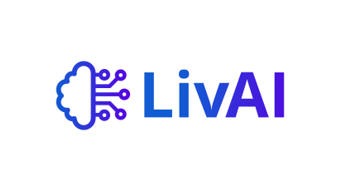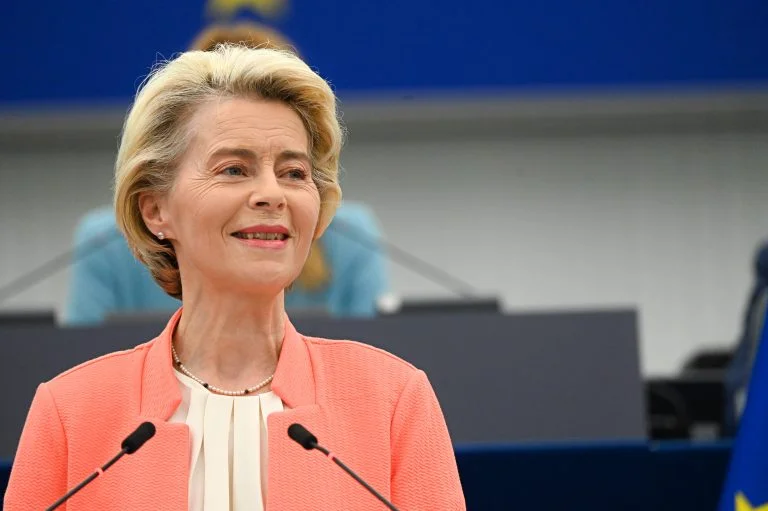• The President of the European Commission, Ursula von der Leyen, conveyed a message of unity in the face of the challenges the EU must address.
• One of the issues addressed in the speech is Artificial Intelligence, an area in which the LivAi project is working and aligning with the goals of the EU.
September 13, 2023, Brussels. Today, Wednesday, September 13, 2023, the President of the European Commission, Ursula von der Leyen, addressed the European Parliament in Strasbourg, France, to deliver her speech in the State of the Union (SOTEU) debate. The head of the European executive provided an overview of the actions taken by the Union over the past year and presented to the Members of the European Parliament the challenges the 27 member states will face in the coming year.
Von der Leyen began her address by focusing on the upcoming European elections, scheduled to take place from June 6 to June 9, 2024. In preparation for the electoral event, Von der Leyen encouraged the younger generation, many of whom were born during the 2008 economic crisis, to go to the polls and contribute to the future they desire for the EU. The Commission President emphasized the importance of young people sharing their concerns on issues that matter to them, such as climate change, the influence of artificial intelligence, and problems related to housing and entry into the job market.
Regarding the latter issue, Von der Leyen highlighted two current problems in the European labor market: the shortage of labor and skilled workers and the number of young people who are neither studying nor working. “Currently, there are 8 million young people who are not studying, not receiving training, and whose dreams are on hold, causing them great distress,” concluded the German leader. To address this problem, Von der Leyen advocates for the benefits of social dialogue, a tool that shaped the Union as it is today four decades ago, and she announced the organization of a social summit during the Belgian presidency of the Council.
Artificial Intelligence
Digital sovereignty has been another key focus of the speech, and artificial intelligence has been the centerpiece of this section. The President expressed satisfaction that Europe is working to become a global leader in this field, as regulations are being negotiated to establish obligations for providers and users based on the level of AI risk. Without questioning the benefits AI can bring to the daily lives of Europeans (increased productivity, improved healthcare, climate change mitigation, etc.), Von der Leyen proposed three lines of work to address the potential problems associated with artificial intelligence use: adopting a legislative approach that places individuals at the center, developing a global governance system that can provide a worldwide perspective (similar to what is done with climate change), and directing innovation from a position of responsibility.
In addition to the topics discussed during the speech, Von der Leyen also had time to talk about the role of the EU in the world order, competitiveness and justice in global markets, biodiversity, ongoing global conflicts, and enlargement. After the speech, leaders of the political groups in the European Parliament provided their views on the topics addressed in the President’s intervention.



